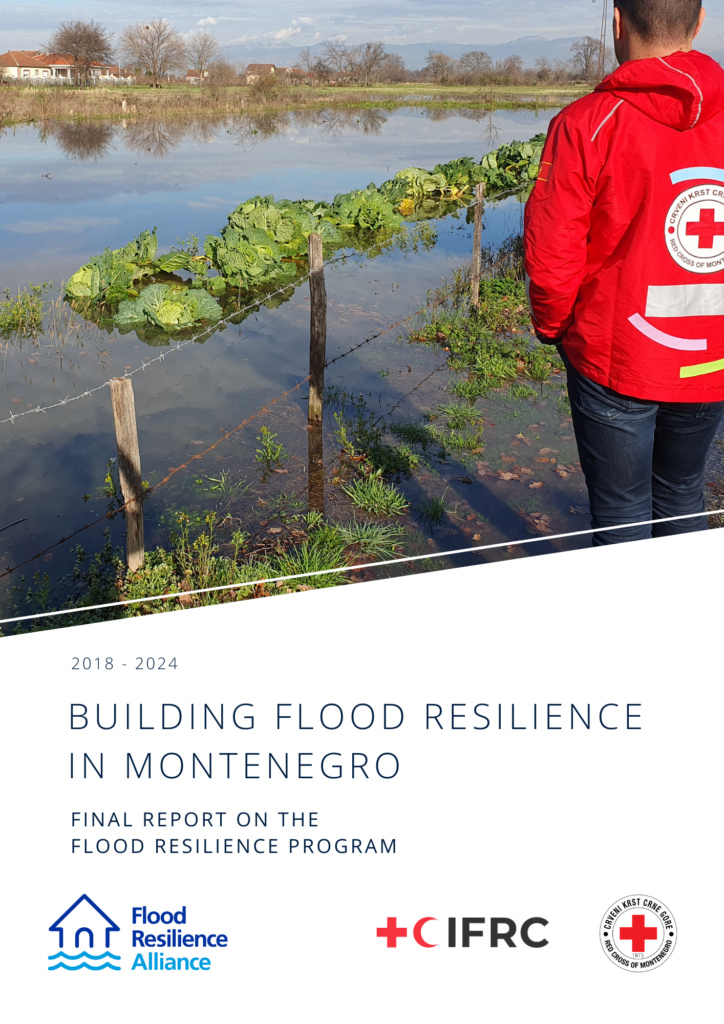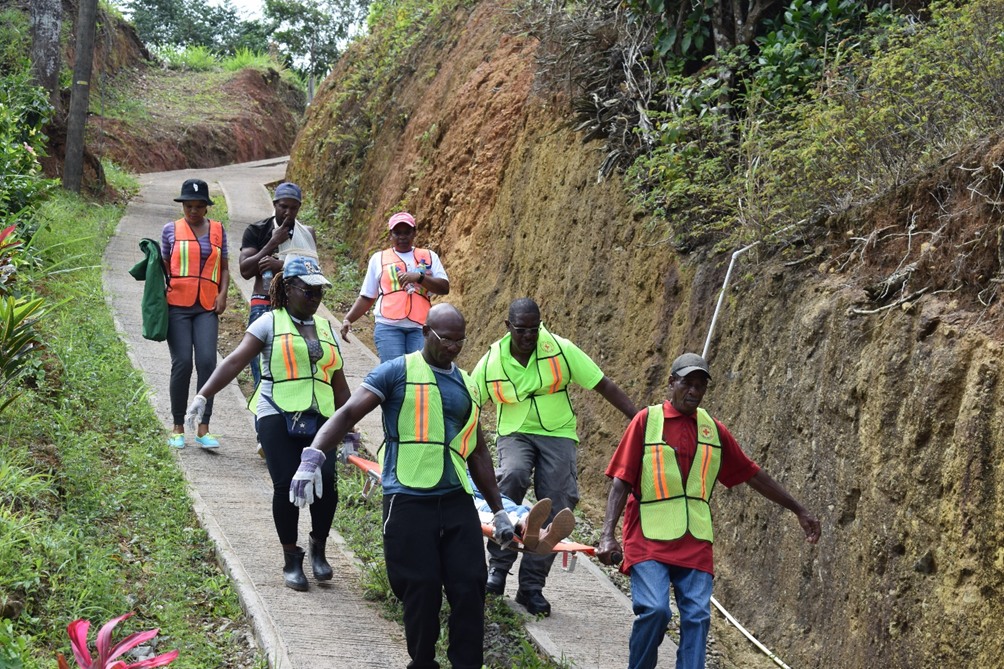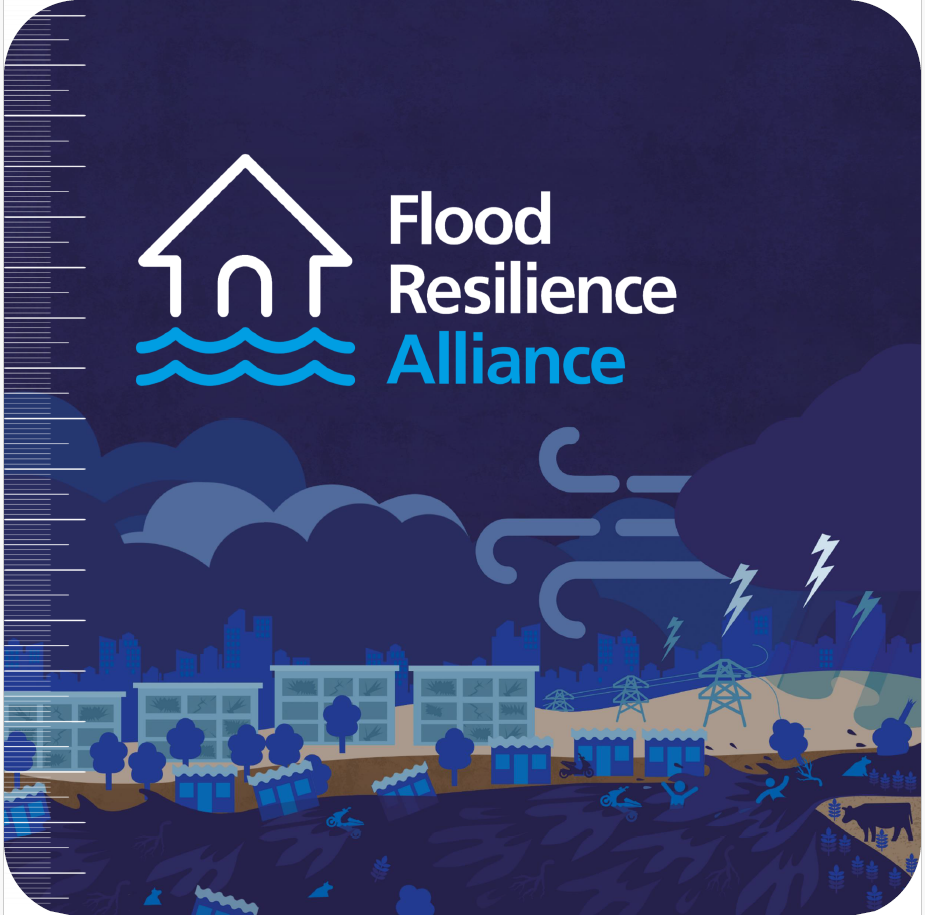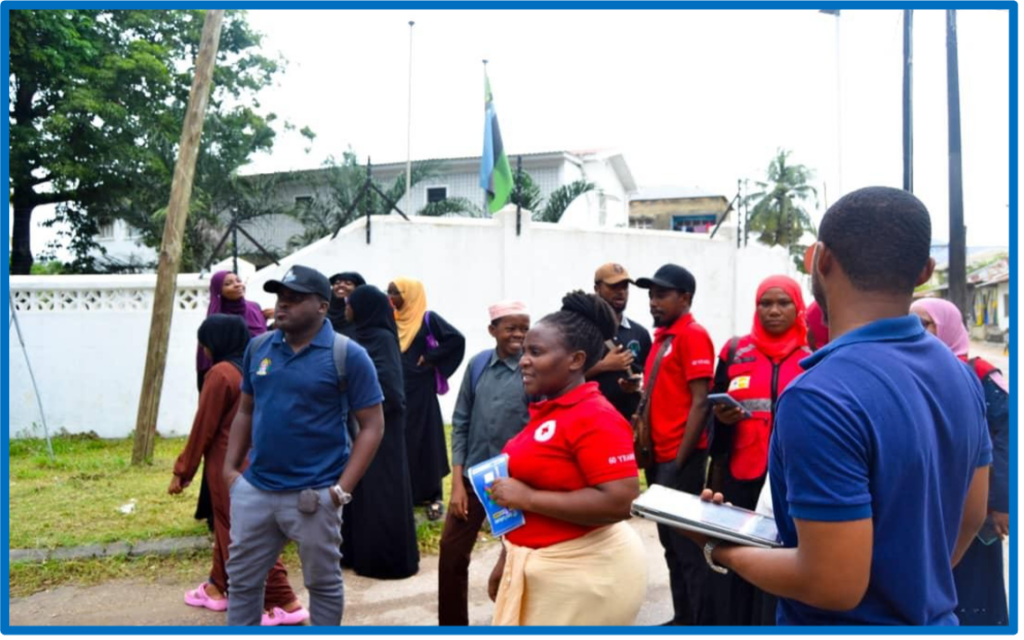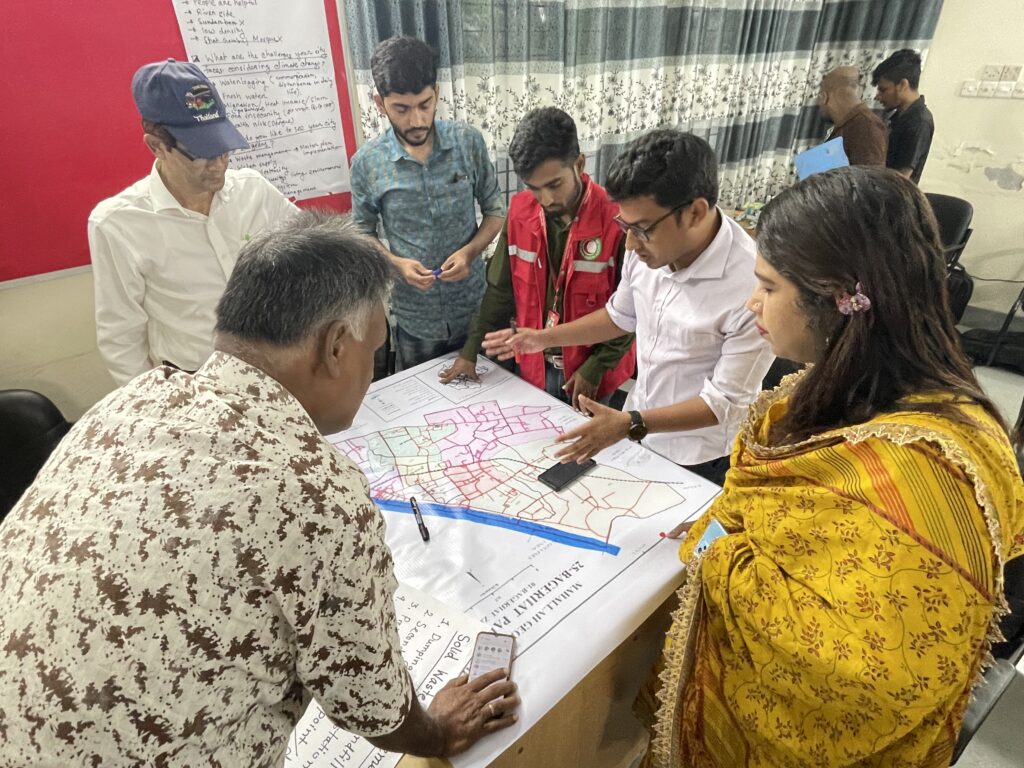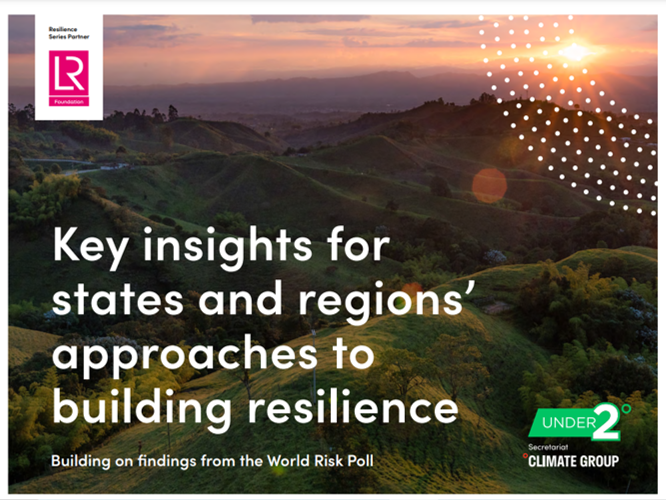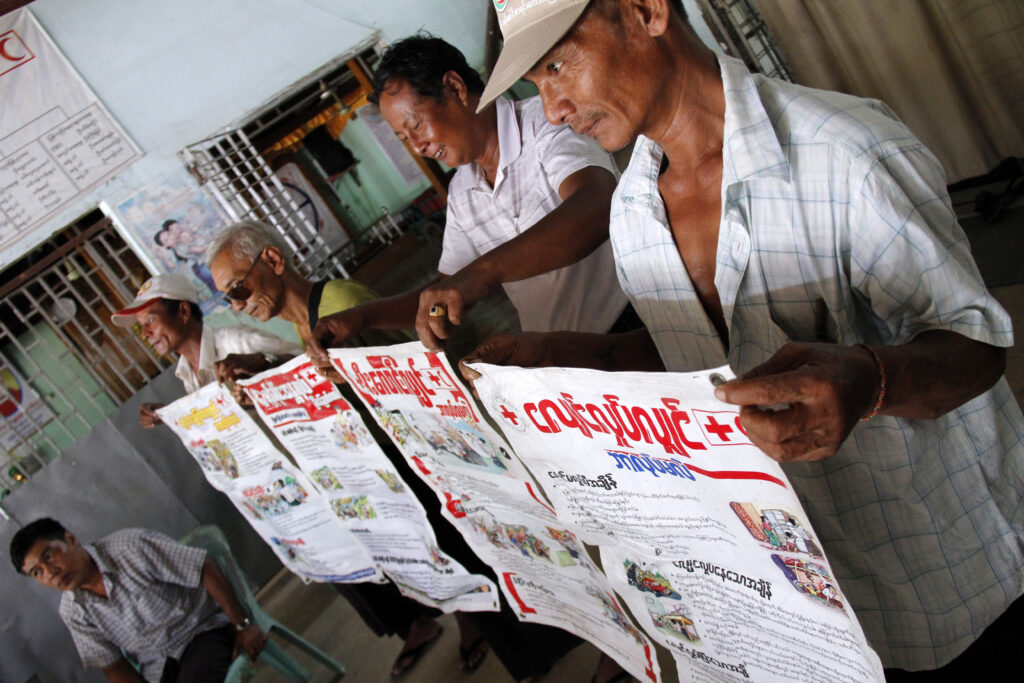Flood Resilience in Montenegro: Final program report
With the aim of strengthening community resilience and reducing the impact of floods, the Red Cross of Montenegro, together with the International Federation of Red Cross and Red Crescent Societies (IFRC), formed part of the Zurich Flood Resilience Alliance. ZFRA_Final report_Montenegro_English-digital ZFRA_Final report_Montenegro_Montenegrin-digital This report explores 3 fundamental pillars of change that led to significant impact at […]
Flood Resilience in Montenegro: Final program report Read More »

